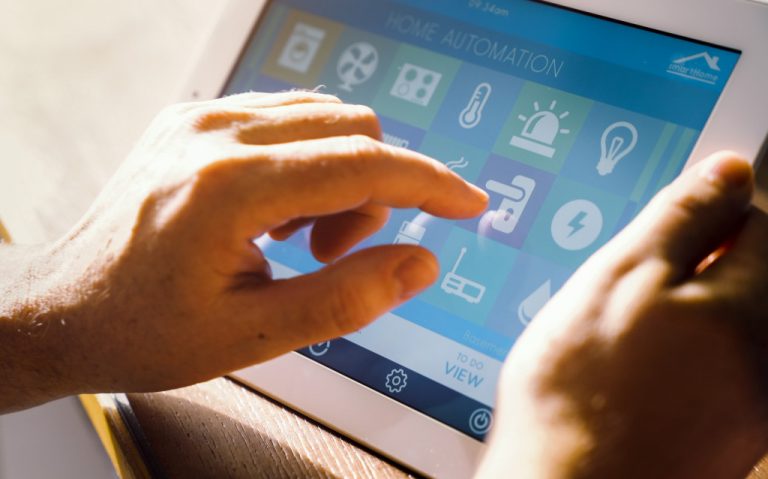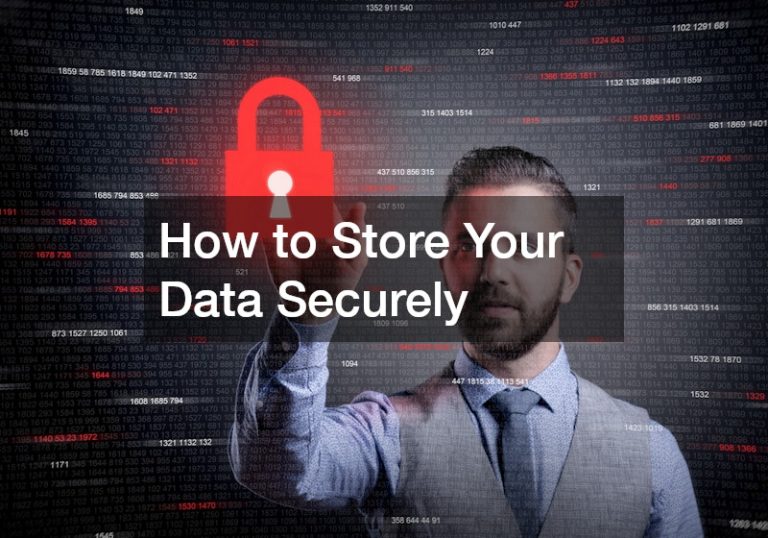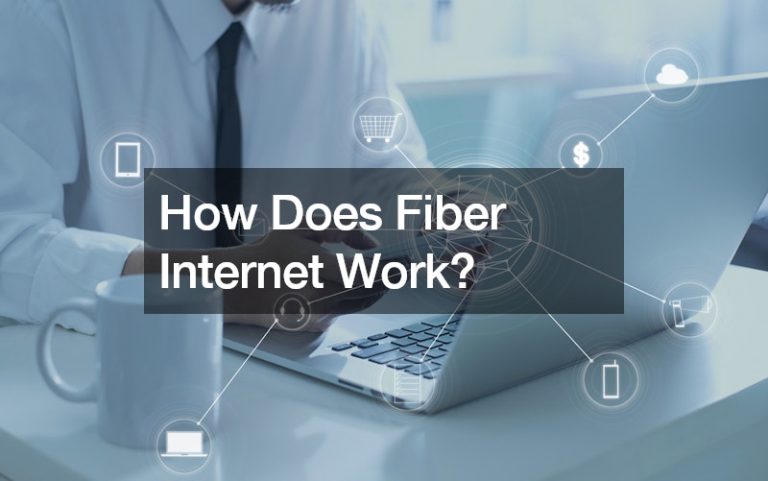- Use a hardware wallet to store digital money securely and back up with a seed phrase.
- Work with a reputable exchange that offers fraud detection tools to protect its users.
- Create a strong, unique password with a combination of letters, numbers, and symbols.
- Enable two-factor authentication to add an extra layer of security to your account.
- Keep your devices and software up-to-date with the latest security patches and run regular virus scans.
With the growing popularity of digital currencies like Bitcoin, Litecoin, and Ethereum, digital money has become a valuable asset, and the security of this asset is of utmost importance. Cybercriminals are always looking for ways to steal digital money, so protecting your digital currency should be a top priority. This blog post will discuss some of the best tips for securing your digital money.

1. Use a Hardware Wallet
A hardware wallet is a physical device that stores your digital currencies offline, and it’s considered one of the safest ways to keep digital money. Only when you need to make a transaction will it connect to the internet. Using a hardware wallet eliminates the risk of your digital money being stolen through hacking.
But it would be best to remember that hardware wallets can be lost or stolen, so it’s essential to back up your wallet with a seed phrase. You can use this string of words to regenerate your wallet if it is lost or stolen. You should also have a backup of your wallet in a different location.
2. Work with a Reputable Exchange
Exchanges are online marketplaces where you can buy and sell digital currencies. When choosing an exchange, it’s essential to ensure it is reputable and secure. It would help if you also looked for an exchange with a good track record of protecting its users’ funds.
Many platforms also use a fraud detection tool that helps to protect users from malicious activities. This tool monitors user activity and flags suspicious activities like account takeovers or money laundering. Look for a platform that offers this protection to ensure your funds are safe.
3. Use a Unique Password
When securing your digital money, one of the most basic and essential steps you can take is to use a unique, strong password. Never use a common password such as “123456” or “password.” You need to create a strong password to avoid being hacked. Here are tips when thinking up a password:
a. Use a combination of letters, numbers, and symbols
A good password should have at least 12 characters, a combination of uppercase and lowercase letters, numbers, and symbols. This way, it will be harder for hackers to guess your password.
b. Don’t use the same password for multiple accounts
Using the same password for multiple accounts is a huge security risk. If one account gets hacked, all your accounts are at risk.
c. Avoid using personal information
Your name, address, or birthdate are all easily guessable. It’s best to avoid using personal data for your passwords.
d. Use a password manager
A password manager can generate strong passwords for you and store them securely. These tools are also helpful if you have difficulty remembering your passwords.
4. Enable Two-Factor Authentication
Two-Factor Authentication (2FA) adds more security to your digital assets. It requires you to provide two forms of identification before accessing your digital money. Examples of 2FA include fingerprint scanning, facial recognition, and One-Time Password (OTP) code sent to your phone. These measures make it much harder for hackers to access your digital money.
But it’s important to remember that 2FA is not foolproof. You must still have a strong, unique password and be aware of phishing scams. Phishing is when cybercriminals pretend to be someone else to gain access to your account.

5. Keep Your Devices and Software Up-to-date
Finally, keeping your devices and software up-to-date is crucial for digital security. This is because cybercriminals constantly find new viruses and security breaches to attack. Therefore, ensure you keep all your devices and software updated with the latest security patches. You should also regularly run virus scans to detect malicious activities on your devices.
You should always be mindful of the source when updating your software and devices. Ensure it is a legitimate source and not a malicious one that can infect your device with malware.
Protecting your digital money is essential; the best way to do that is by following the tips mentioned above. Utilize a hardware wallet, work with a reputable exchange, use a unique password, enable two-factor authentication, and keep your devices and software up-to-date. With these measures in place, you can be sure your digital money is safe and secure. Stay vigilant and keep your digital assets protected.












